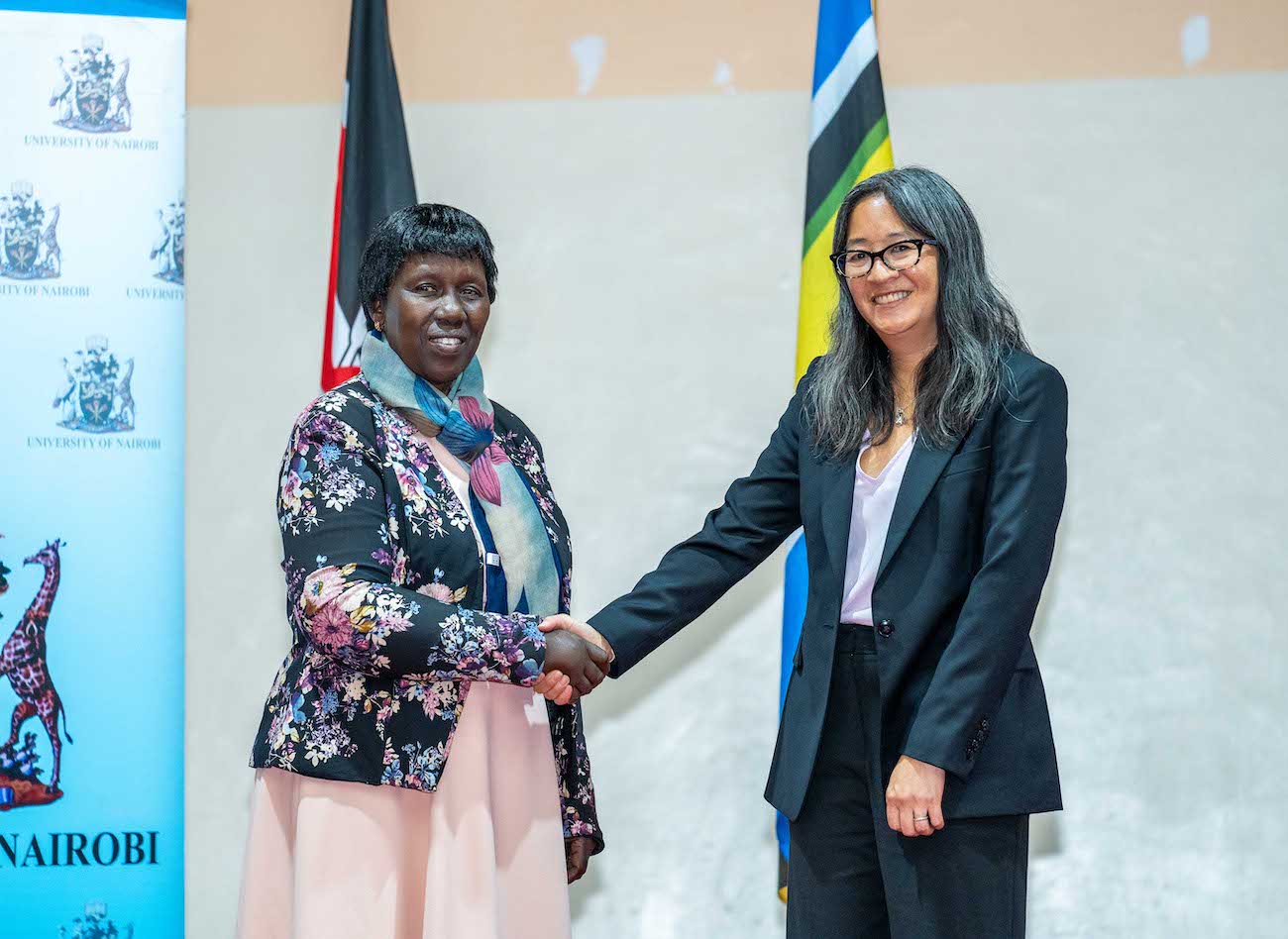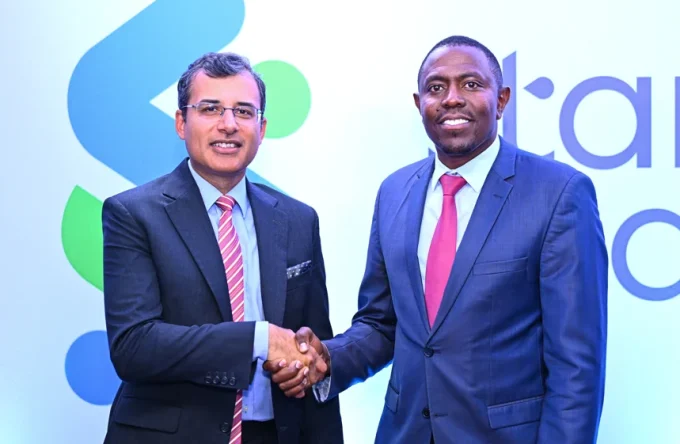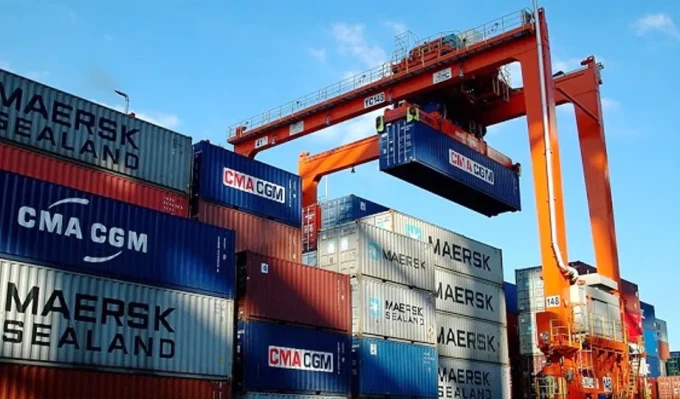Kenya is emerging as one of the leading Global Business Services (GBS) market destination and a centre for digital jobs, attracting more than $500 million in revenues annually, Sama AI CEO Wendy Gonzalez has disclosed. Projections show that $254 million — over half of these revenues — will come from business process outsourcing (BPO) in 2024.
Kenya has emerged as an attractive investment destination in the highly competitive GBS market, which includes BPO as a submarket. BPO has grown to include AI supply chain providers such as Sama, Gonzalez explained.
Speaking at the University of Nairobi during a public lecture on Generative AI, Ms Gonzalez noted that the GBS market reached $1 trillion in revenues last year, with South Africa, Egypt, Tunisia and Morocco also playing in the maturing league. With its $500 million GBS revenues, Kenya is leading among emerging GBS destinations including Senegal, Nigeria, Mauritius, Zimbabwe, Rwanda and Ghana.
She projected that at current growth rates, Kenya will emerge as the leading provider of digital work opportunities with a positive local economic ripple effect. “Studies have shown that digital work increases formal employment opportunities and is the fastest-growing sector,” she says.
> At Nairobi High-End Restaurant, Robots Serve Customers
Kenya has made very headway amid stiff competition and needs to guard its market positioning and provide an enabling environment to further deepen the GBS market opportunity, Ms Gonzalez said.
“Kenya is a preferred destination due to the quality of human capital that is versatile enough to serve various market segments, including Generative AI, thanks to digital training and academic progress. Several countries are, however, working hard to edge Kenya out of its growth track, which necessitates close attention to secure market positioning,” she said.
Ms Gonzalez noted that by 2030, an estimated 50-55% of jobs in Kenya will require digital skills. Yet there are significant gaps in basic and advanced digital skills — particularly in rural areas and among women. “To bridge this skills gap, Sama has collaborated with the University of Nairobi to advance AI skills in one of the first partnerships of this kind in Kenya,” she said.
State Department for ICT and the Digital Economy Principal Secretary Eng. John Tanui stressed that AI is no longer science fiction. “We are living in an era where AI is not just a possibility — it is our present reality, and the sooner we fully embrace it, the better prepared we will be for the future.”
He noted that Generative AI alone could add between $2.6 and $4.4 trillion annually to the global economy. To bring some of this growth to Kenya, the government is establishing policies and frameworks that foster innovation and invest in research and development while protecting the rights and interests of all citizens, following the principles of ethical AI development and usage.
“With 65% of organizations already integrating Generative AI into operations, its impact is undeniable, from enhancing customer service to revolutionizing industries. As we embrace this digital future, partnerships and education in STEM are key to preparing our workforce for the opportunities ahead,” he added.
Prof Margaret Hutchinson, the Acting Vice Chancellor of the University of Nairobi, underscored the institution’s pivotal role in equipping students with the skills to navigate the digital economy.
Sama and the University of Nairobi’s partnership is poised to advance Generative AI capabilities in Kenya and in Africa. This collaboration will provide part-time employment opportunities for UoN faculty and students, equipping them with practical experience in GenAI.
> Change of Guard at RUBiS Energy as Pioneer CEO Leaves








![Motivair by Schneider Electric, a new CDU (MCDU-70) with the capability to scale to 10MW and beyond for next-generation AI Factories. [Photo/Schneider Electric]](https://businesstoday.co.ke/wp-content/uploads/2026/01/MCDU_70_Product_Evolution_NO_LOGO_1920x1080-200x113.webp)




Leave a comment